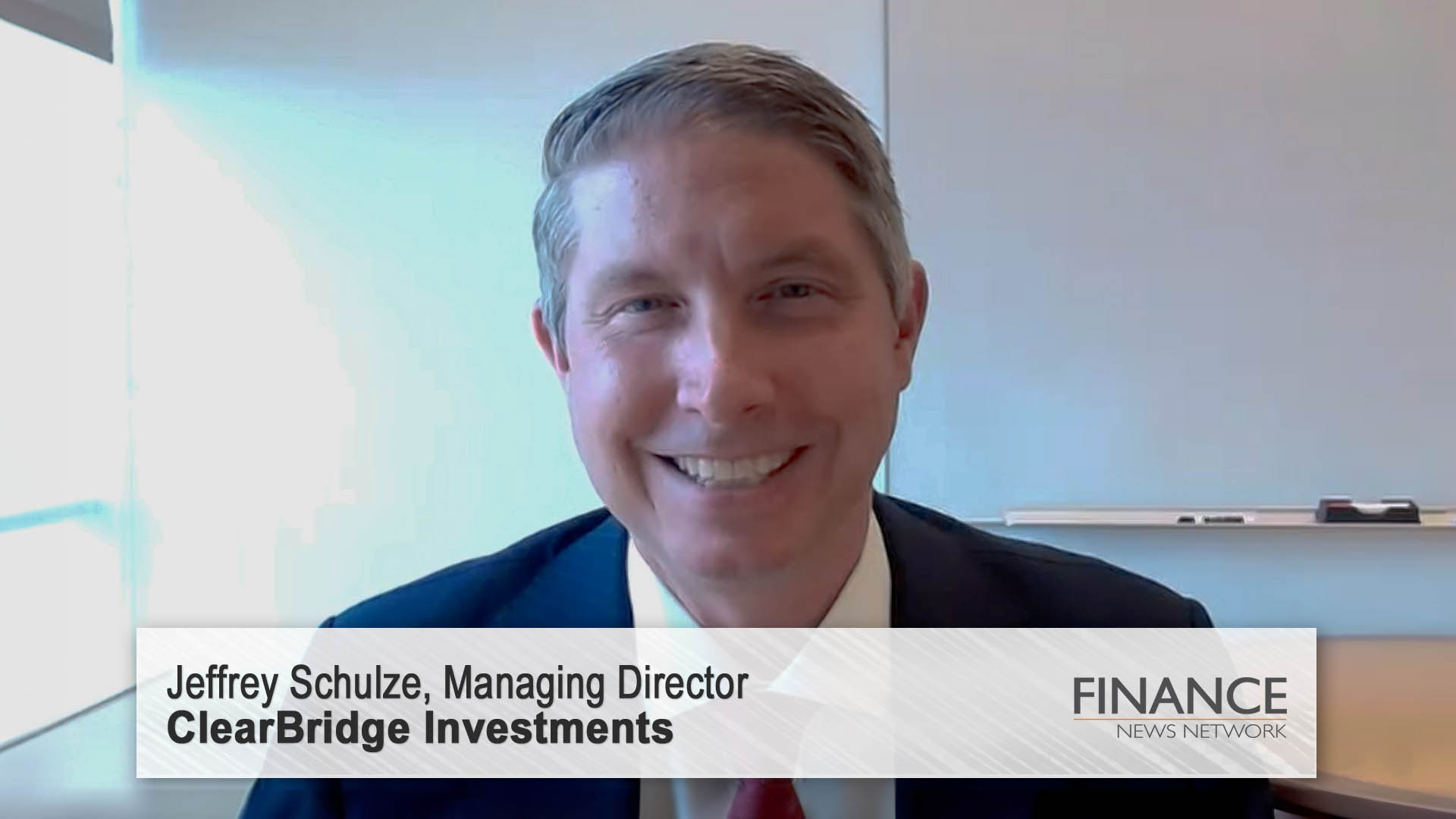



On July 18, 2024, Ohsung Kwon, Canada and U.S. equity strategist at Bank of America Global Research, discussed the risks of rotation out of large-cap stocks and the potential for a Goldilocks scenario in the U.S. economy. Kwon stated that the market has seen a shift away from big tech stocks and a move towards small-caps, real estate, and industrials due to the expectation of interest rate cuts. However, Kwon also noted that megacap tech stocks, such as Nvidia, Microsoft, and Amazon, have been central to the artificial intelligence theme that has excited investors. If there is a sustained move away from these megacap stocks, it could have a negative impact on the entire market due to their heavy weightings in indexes. Kwon emphasized that the U.S. economy is heading towards a Goldilocks scenario, where economic growth is not too hot to cause inflation concerns and not too cold to hinder growth. This scenario is seen as beneficial to many areas of the market, including small-caps, real estate, and industrials. Kwon's comments come amidst ongoing discussions about the potential impact of interest rate cuts on the equity market [02e6e9a0].
Renowned financial advisor Michael Kitces also discussed the state of the economy and investment strategies in a recent podcast episode. Kitces emphasized the importance of diversification and long-term growth. He explained that a few big companies like Nvidia, Meta, and Alphabet are holding up the S&P 500, but this doesn't necessarily indicate that the overall economy is bad. Kitces advised against trying to time the market and stressed the need for career development to boost income. He also highlighted the importance of index investing, proper asset allocation, and the cyclical nature of markets. Kitces cautioned against making drastic changes based on short-term market movements and predicted that interest rates might stay high for a while. Overall, he advocated for a long-term investment strategy and diversification [8bd8dda6].
In a recent discussion with Jeffrey Schulze, Managing Director of ClearBridge Investments, the focus was on the US markets, interest rates, and the rotation out of tech stocks and into small caps. Schulze mentioned that the Federal Reserve is not expected to cut rates at its upcoming meeting but may open the door to a rate cut in September. The recent rotation out of tech stocks and into small caps has been driven by extreme positioning, short covering, and the anticipation of a rate-cutting cycle by the Fed. The durability of this rotation will depend on economic growth and the performance of earnings in the small-cap sector. Schulze also highlighted the key risks to this rotation, which include a slowdown in economic activity and the possibility of a recession. However, with the Fed likely to cut rates and support economic expansion, the odds of a soft landing and continuation of the rotation are improving [78848186].
According to a recent article from the Financial Times, the rotation into small-cap stocks may be facing challenges. Stuart Kaiser, head of US equity trading strategy at Citigroup, believes that the rotation can only work if there is soft landing data, and Friday's payrolls did not meet that criteria. The disappointing US jobs data raises concerns about the strength of the economic recovery and casts doubt on the sustainability of the rotation into small-cap stocks. While a rate cut is unlikely, it is still too early to shift the tone. Additionally, UK mid-caps are outperforming blue-chips as investors bet on an economic rebound [936fbb25].
Looking ahead to 2025, Yasmine Raso from Financial Newswire discusses the potential for small caps to turn their performance around. Jim Shore from American Century Investments highlights that macroeconomic changes following the US election may favor small caps, especially with expectations of rate cuts by the Federal Reserve. Currently, small caps are trading at a discount compared to large caps, which could present a buying opportunity. Raso outlines five trends that may support small caps: reshoring and nearshoring, advancements in AI and data centers, deregulation and mergers & acquisitions (M&A), housing bottlenecks, and increased electricity demand. Companies like Clean Harbors and Modine Manufacturing are positioned to benefit from these trends, while lower interest rates could further boost M&A activity in 2025 [4a1dbc5c].